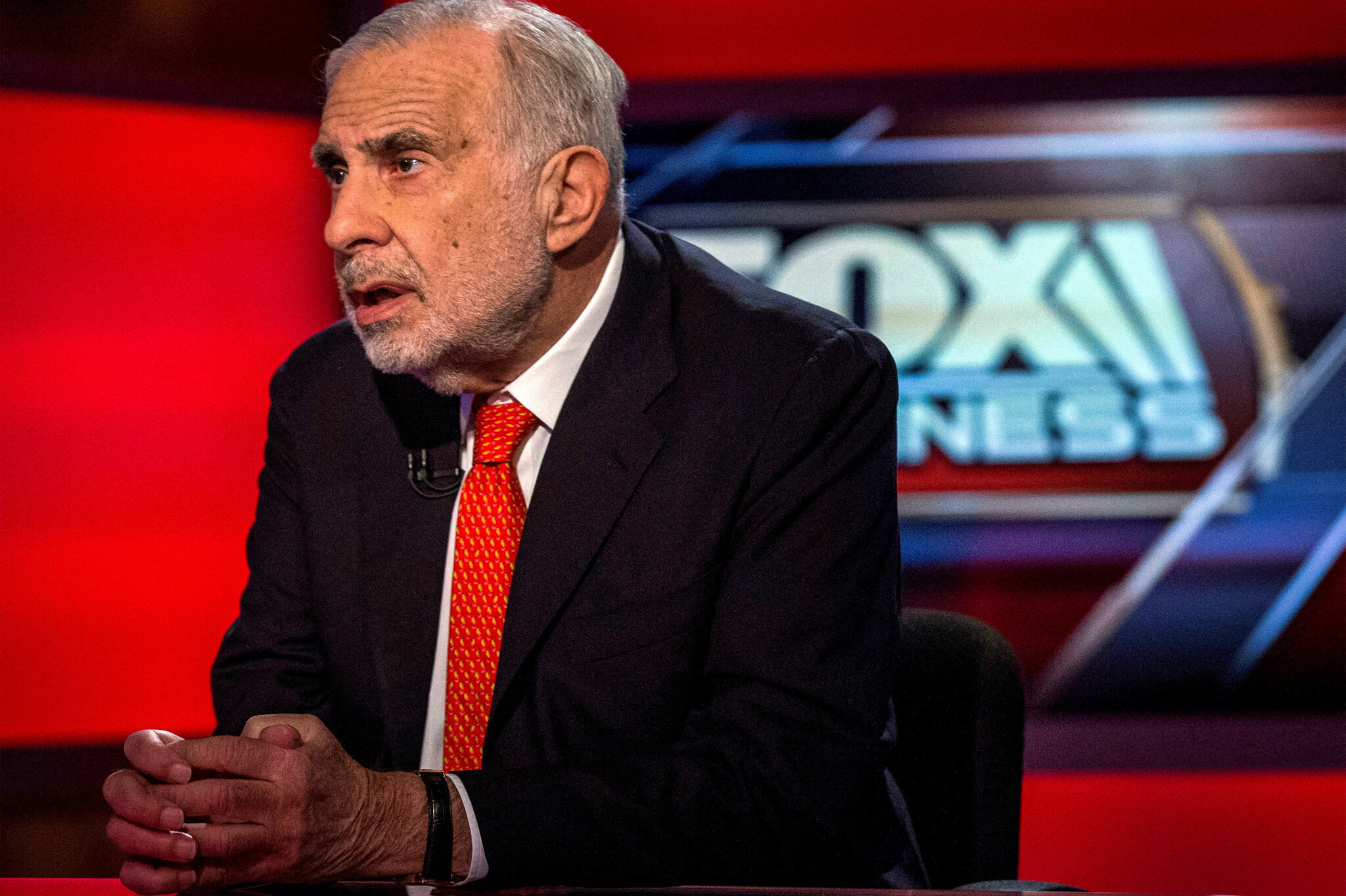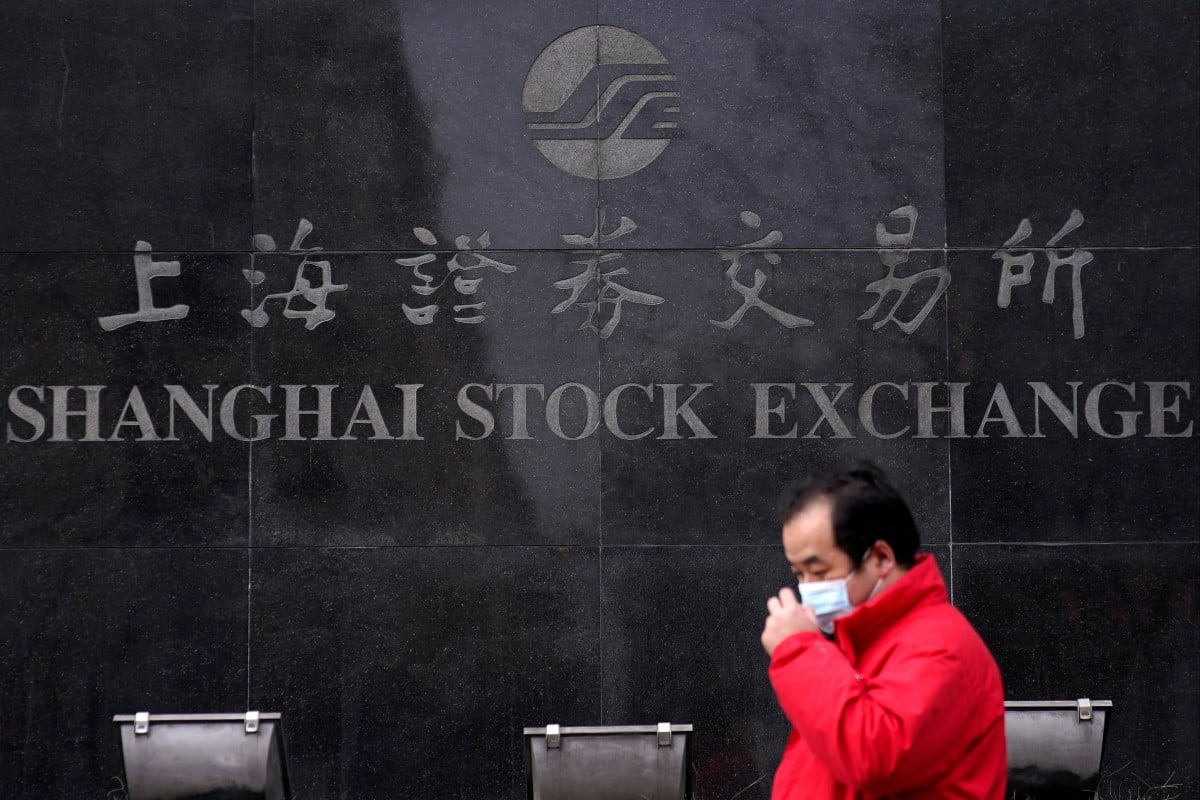For only the 50th time since starting coverage in 2013, Jefferies is advising clients to buy shares in Icahn Enterprises.
You’ll probably know Icahn from recent press coverage. There was a short-seller report that accused Carl Icahn’s activist fund of using “Ponzi-like economic structures”, followed closely by a federal prosecutors’ inquiry and a colourful rebuttal. The shares are down 36 per cent in the month to date, which has cut Icahn’s net worth by approximately $7bn and amused a lot of people.
But you’ll not spot any of this in Jefferies’ latest “buy” note, which is a masterpiece of elephant disregarding. Here’s the executive summary:
IEP reported a 1Q23 net loss attributable to IEP of -$270M compared to $323M in 4Q21. Adjusted EBITDA in the period equaled +$116M driven by strong energy segment EBITDA offset by investment fund losses. The investment fund generated negative returns of -4.1% in the qtr as long positions were up +1.3%, offset by losses in short positions of -6.2%. Importantly, IEP declared a $2.00/ share qtrly dividend.
To remind, Jefferies has long been Icahn’s go-to bank when he was planning LBOs, trading stocks and raising money. It’s also the only sellside house to publish research on Icahn, which for the past decade has been an unbroken streak of “buy” recommendations.
The short-seller report from Hindenburg calls shenanigans here, alleging that Jefferies was using its research as retail investor bait. In Hindenburg’s view, Jefferies had been telling clients that Icahn’s dividend would be safe “into perpetuity”, no matter what, while also arranging the share sales it says are needed to fund said dividend.
Turns out nothing lasts forever, however:
Our revised PT [to $43.00 from $70.00] reflects lower cash flows from the underlying business units vs previous forecasts as segments like auto, real estate and home fashion remain under pressure. While parent liquidity to support the current $8/annual dividend remains plentiful ($6.6B available liquidity, of which $1.9B is cash and cash equivalents), we are now assuming the current dividend begins to decline by 10% per annum beginning in 2026 vs maintenance of the current rate in our previous dividend discount model.
Jefferies continues to forecast in all possible scenarios that Icahn will pay $8 per share in dividends annually until 2025. From 2026 there’s 10 per cent attrition in the base case, on a range of 5 per cent to 50 per cent . . .
… though its earnings forecast tables only go out to 2024, so it’s impossible to see exactly what’s expected to go wrong with auto, real estate and home fashion in three years time.
Confidence in the long-term predictions may not be aided by Jefferies’ accuracy in the quarter just passed, in which the poor performance of Icahn’s hedge fund and the bankruptcy of Auto Plus appear to have either been overlooked or underestimated. Analyst Dan Fannon had expected Icahn to post Q1 earnings per share of $0.19; it posted an EPS loss of $0.79.
Rippling that sizeable miss through the spreadsheet means that, even after bumping up the coming quarters by a dime or two, the 2023 EPS forecast is cut by 85 per cent. This is of course a consensus expectation, based on a survey of one:
And just in case it needs reiterating:
Further reading:— Hindenburg attack is uncomfortable reading for Icahn’s most loyal friends (FTAV)— Icahn says a ‘blitzkrieg’ hit him (FT Due Diligence)
An important update on Icahn’s perpetual dividend . . .

